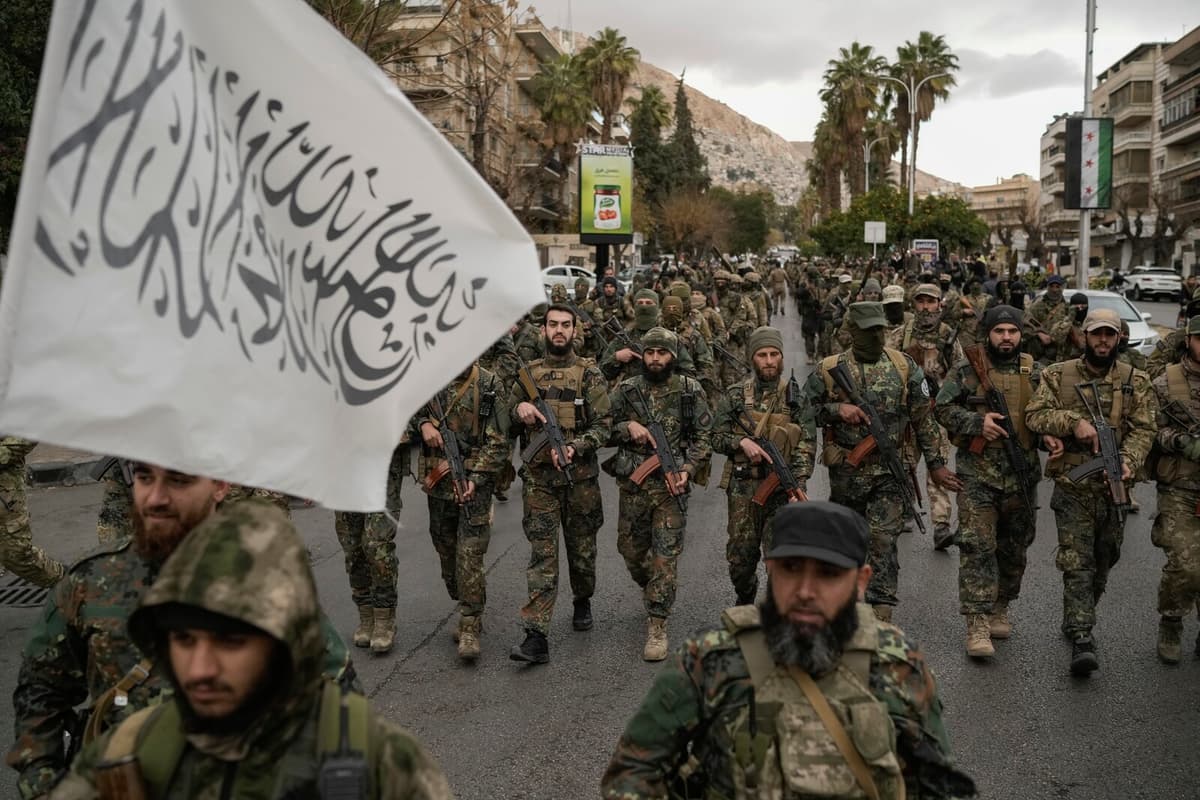On Christmas Day, 17 people were killed in the Tartus province in connection with security forces attempting to arrest a former chief of the notorious Saydnaya prison. According to the London-based conflict monitor Syrian Human Rights Observatory, the security forces were ambushed and clashes broke out between the soldiers and Assad-loyal men.
Tartus, where the clashes took place, is located in western Syria. In this coastal area, many Alawites traditionally live – the minority to which dictator Bashar al-Assad belongs and thus the group that was most loyal to the ousted regime. Many Alawites have worked within the former Syrian state and military.
Amnesty promised
The new leadership – the Islamist group HTS – has said that it will grant amnesty to soldiers who have served the former regime. At the same time, HTS says it will punish those who have blood on their hands.
The prison chief who was arrested in Tartus after the clashes was previously the head of the country's military field court and responsible for sentencing "thousands of people" to death.
But according to Aron Lund, an analyst at the Total Defence Research Institute, it is difficult to know who HTS considers to "have blood on their hands".
So far, it is very unclear who is considered guilty. Many have incredibly much blood on their hands, and it is likely that people from the Assad regime are hiding in Alawite villages, he says.
"Apostates from Islam"
At the same time, Lund believes, the Alawite minority's fear of what will happen is justified, since HTS members until recently spoke of the group as apostates from Islam who should be eradicated from the face of the earth.
But the signals from the new HTS government are very positive, so far. They have, among other things, said that Alawites will not be persecuted and that minorities will be allowed to live in peace, says Lund.
Advertisement
A more acute problem, Lund believes, is how much control HTS has in the country. There are numerous armed groups, and the question is how to gain control over them so that it does not develop into looting, infighting, and new extreme forces gaining a foothold.
Dareen Khalifa, senior adviser at the International Crisis Group, tells The New York Times that HTS is now trying to unite different rebel factions under one government.
They are trying to build a state. You can't build a state when you have millions of different militias running around and doing their own thing, says Khalifa to the newspaper.
The majority of Syrians are Arabs, and most are Sunni Muslims. The Alawites are an Arab minority that practices a unique version of Shia Islam. The ousted dictator Bashar al-Assad belonged to the Alawites and often placed his co-religionists in key positions in the state apparatus. Before the war, the Alawites made up around 10-12 percent of the population.
Source: The Swedish Institute of International Affairs






